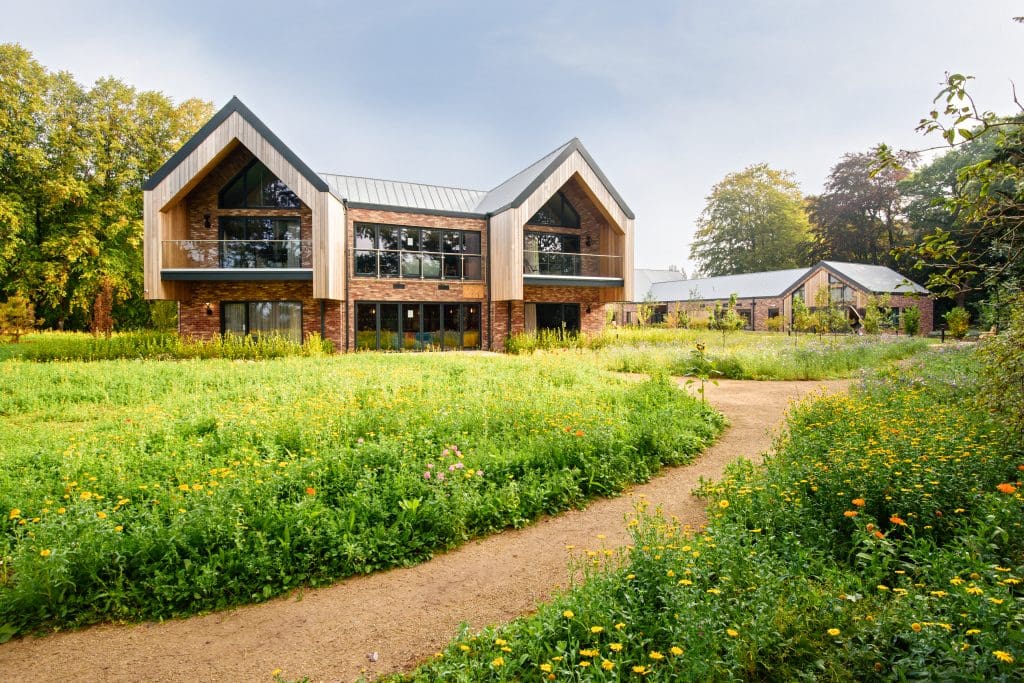-
Call Us: 0330 111 2015


Jump to a section ▼
› Introduction
› Data from a relapse study
› What we know about relapsing
Speak with our admission team
Call now on 0330 111 2015If you, or someone you know, has an addiction to alcohol or drugs, there is a good chance that you have wondered ‘what are the drug or alcohol relapse rates?’. This is a rational question to ask, as treatment and recovery require time, money and a whole lot of effort from the addict and their support team.
With everything you’re putting in, you want to know what you’ll be getting back.
So, what are the chances of relapse?
It’s a difficult answer. Each individual has different circumstances, levels of support, and detox treatments. There is also incomplete data, as some who return to using a substance may become disconnected to their clinic or trust. Sadly, there is always a chance of returning to addictive behaviours following grief or trauma.
We know you probably still have questions on this though, so we’ve put together this article to address some of the queries you may have.
Psychology Today reported on a study of approximately 1,200 addicts which took place over an eight-year period. Of those that took part, there was a follow-up rate of 94%, meaning that the data wasn’t fully complete, but can still be reviewed for trends.
The major outcome of the study was that “extended abstinence really does predict long-term recovery”.
It is important to remember that any individuals who relapsed after the end of the study would not be counted.
Despite a relapse being a cause for concern for a person with an addiction, or their friends and family, it can be triggered by certain life events. That is why we always say that a relapse is nothing to be ashamed of, and it is possible to get back to a teetotal way of life even after a slip or a relapse happens.
Common triggers for a relapse
It is also helpful to be aware of some of the common triggers and reasons behind a relapse. One of the easiest acronyms to kind in mind is ‘HALT’, which stands for hungry, angry, lonely, tired. If you can satisfy these simple human needs, you will be going some way to keeping the cravings of alcohol or drugs at bay.
Of course, there is much more to life than these elements, which is why other triggers and reasons are considered, and built into a recovery plan to avoid a return to active addiction.
The team at Delamere is available if you feel like you are at risk of relapsing; take action quickly and give us a call to talk about how you are feeling.
If you believe that you are at risk of rejecting your recovery principles, or have already slipped back into your old habits, there are steps that you can take now to enter your recovery period once again.


Start your recovery journey by calling our admissions team today.
Confidential. Straightforward. Friendly.